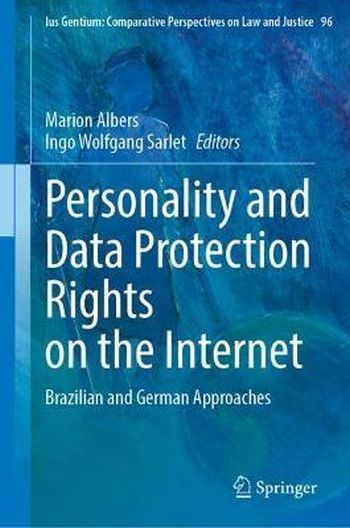
This book focuses on protection needs and new aspects of personality and data protection rights on the Internet, presenting a comprehensive review that discusses and compares international, European and national (Brazilian, German, Pakistani) perspectives. It deals with overarching questions, such as whether universal minimum standards of privacy protection can be developed or how regional data protection rights can be safeguarded and enforced extraterritorially, given the conditions of the Internet. Furthermore, the book addresses new challenges and novel rights, e. g., data retention and protection against mass surveillance, the right to be forgotten, rights to anonymity, legal issues of the digital estate or rights relating to algorithmic decision-making. Furthermore, the book explores how well-known paradigms, such as liability for personality rights violations or damages, have to be adapted in view of the significant role of intermediaries.